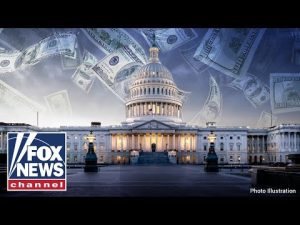The ongoing discussions surrounding comedy often highlight a stark divide in societal values, especially when it comes to who can make jokes about whom. Recently, Shane Gillis, a comedian known for his bold style, stirred the pot at the ESPY Awards with a series of edgy jokes. His routine included commentary on sports figures and offered humorous jabs at various cultural touchstones, including the WNBA and its athletes. However, some critiques raised eyebrows about what constitutes acceptable comedy in today’s politically charged environment.
Gillis’s remarks about Caitlin Clark, the standout WNBA player, were particularly controversial. He quipped about Clark, but there is no verification of his saying that after her playing days, she would work at a Waffle House to continue her love for “fist fighting black women.” Such statements may straddle the line of acceptability, yet they reflect a broader issue in comedy: the struggle between free speech and sensitivity. Comedy is supposed to challenge norms and provoke thought, but there’s increasing pushback from those who prefer a more scripted, less confrontational form of humor.
In a world where comedians often capitalize on identity and culture, Gillis’s humor reinvigorates the conversation about who is allowed to poke fun at whom. There appears to be a hierarchy within comedy, where certain groups are seen as off-limits for jokes, especially from individuals outside those groups. This creates a paradox where humor is either overly sanitized or caters to identity politics, often stripping it of its potency. Gillis, a straight white male, seems to challenge this by pushing back against the boundaries set by modern sensibilities.
This isn’t merely a comedy discussion; it reflects deeper societal values. The progressive left champions inclusion and sensitivity, often at the expense of a comedian’s creative freedom. When Gillis leverages culture for laughs, it forces audiences to confront uncomfortable truths and dynamics surrounding race and gender. The irony is that those quick to condemn such jokes often partake in their own brand of humor, poking fun at traditional values or figures like Donald Trump with little hesitation.
Critics of Gillis argue that racial humor, especially when delivered by those not directly part of the culture being referenced, perpetuates harmful stereotypes. They claim it can foster division rather than understanding. Nevertheless, Gillis showcases something vital in the landscape of comedy: the ability to address the absurdities of life, no matter how contentious, remains a valuable and necessary artistic expression.
At the end of the day, the freedom to joke, even if it sometimes misses the mark, is what underscores the essence of comedy. Gillis’s routine serves as a litmus test for American values: the interplay between personal responsibility, cultural sensitivity, and the ability to laugh at ourselves. Whether audiences choose to engage or disavow such humor ultimately reflects their own values, but it raises the essential question: in a world increasingly divided, what place does comedy, especially the edgiest kind, hold in our lives? The answer is simple — it must have room to breathe and provoke thought, even at the risk of offending some.







